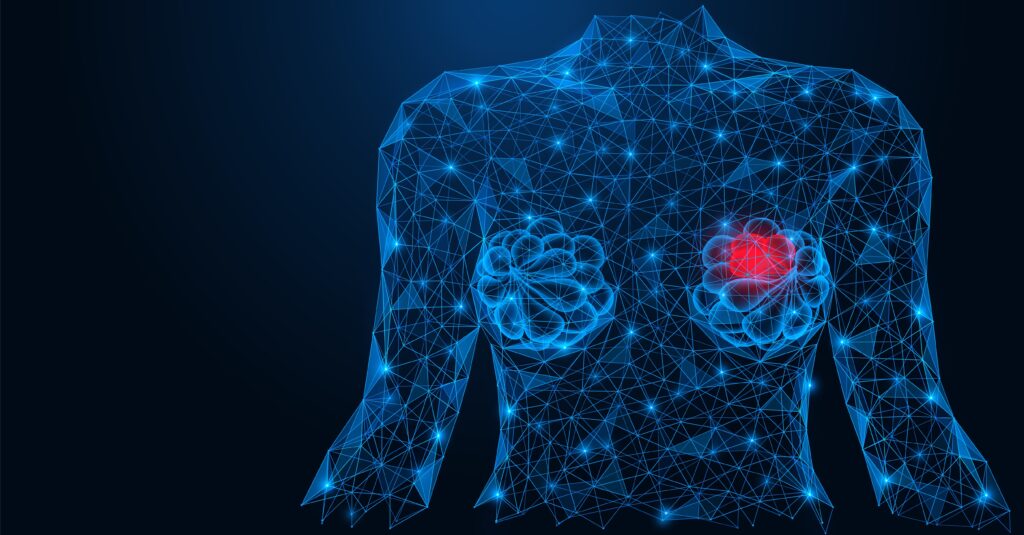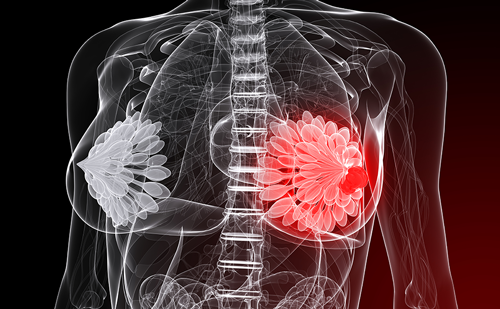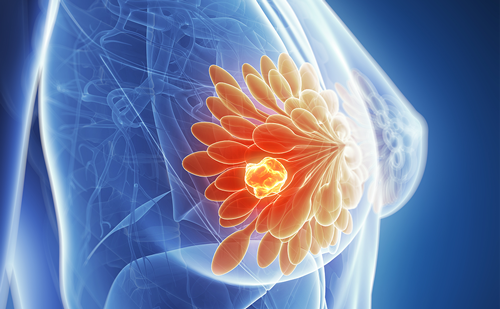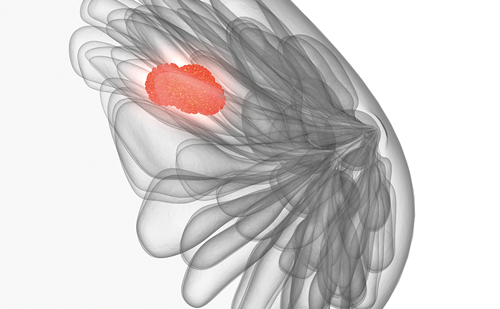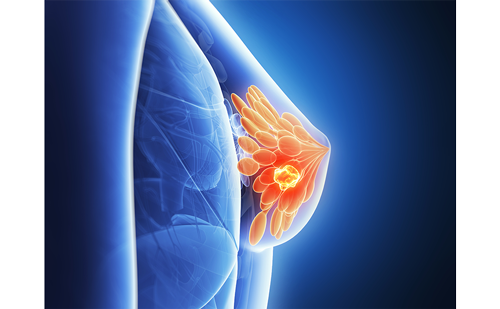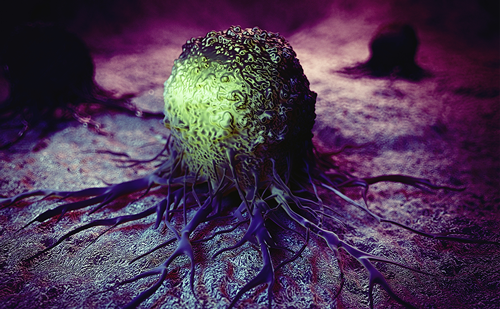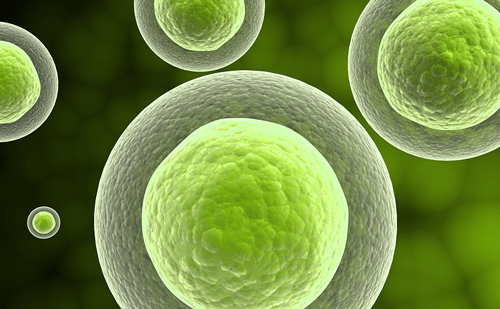Breast cancer continues to be a very prevalent disease worldwide. It is estimated that more than 39,000 women died of breast cancer in the US in 2011.1 Advances in the treatment of early-stage disease, including screening programmes for breast cancer detection and adjuvant systemic therapies, have improved outcomes for patients. Despite these improvements, however, many women ultimately develop metastatic breast cancer (MBC), which is essentially an incurable disease. The prognosis of patients with MBC has changed little over the past decade; the majority of patients succumb to their disease within two years of diagnosis.2–4 Novel treatments for patients with MBC are needed to improve the control of disease and prevent symptoms while minimising toxicity.
Role of Angiogenesis in Cancer Biology
In 1970, Folkman postulated that tumour progression might be dependent on angiogenesis – the formation of new blood vessels.5 The hypothesis was that a tumour cannot grow without blood supply and that, therefore, the inhibition of angiogenesis would be an important treatment for all cancers.
Angiogenesis is an important natural process of new blood vessel formation that occurs in the body, both in health and in disease.6 Thegeneration and growth of solid tumours depend on an intact vascular supply, which is stimulated by several pro-angiogenic factors. Changes in the finely balanced equilibrium between angiogenicstimulators and inhibitors that regulate angiogenesis are linked to a broad range of angiogenesis-dependent diseases, including both cancer and non-neoplastic diseases.7 Angiogenesis is now recognised as one of the key steps in the pathogenesis of cancer, regulating several events required for tumour development, invasion and metastasis.8,9
To view the full article in PDF or eBook formats, please click on the icons above.



